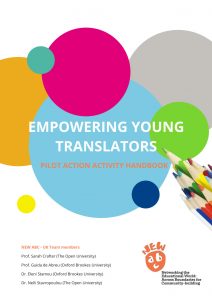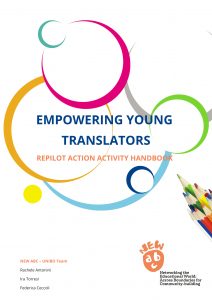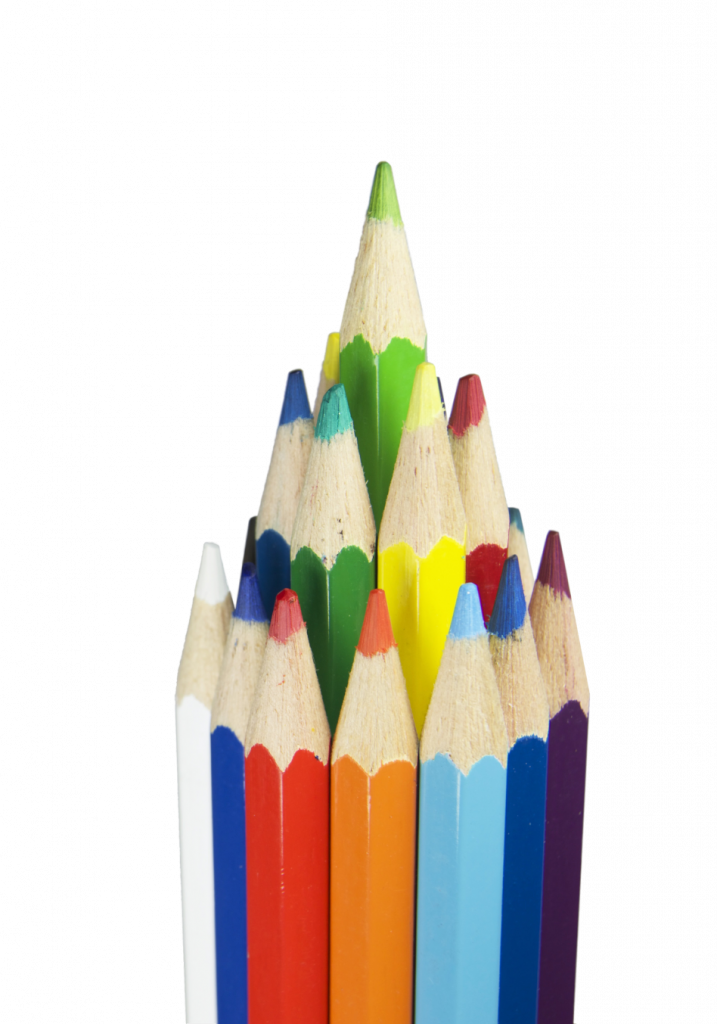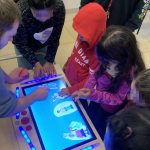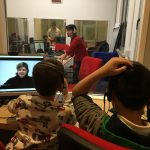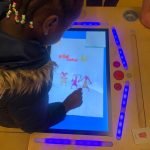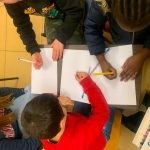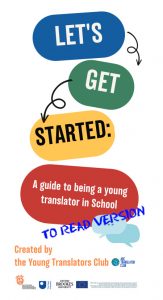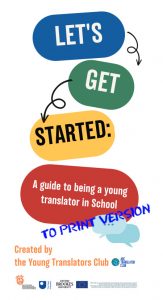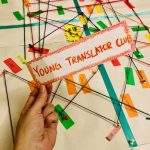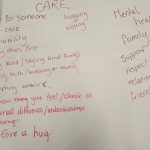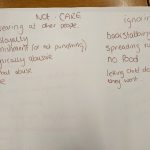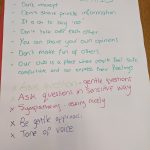- HOW TO… set out your own Club session
 Template to set out your own Club session (editable Word document)
Template to set out your own Club session (editable Word document)
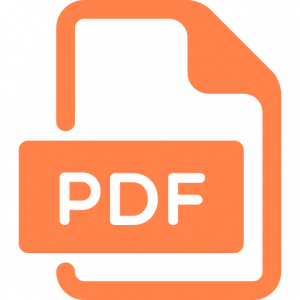 The template in PDF (non editable)
The template in PDF (non editable)
- HOW TO… receive feedback from participants
 Template to collect participants’ feedback after sessions (editable Word document)
Template to collect participants’ feedback after sessions (editable Word document)

The template in PDF (non editable)
- CHAPTER 1. Running a taster session
 Template to collect participants’ feedback after the taster session (editable Word document)
Template to collect participants’ feedback after the taster session (editable Word document)
The template in PDF (non-editable)
- CHAPTER 3. Who is a young translator?
 Printout for the Young translator bingo (editable Word document)
Printout for the Young translator bingo (editable Word document)

The template in PDF (non-editable)
- CHAPTER 5. Working towards your mini project
 Template to create a storyboard (editable Word document)
Template to create a storyboard (editable Word document)

The template in PDF (non-editable)
 Poster advertising the storyboard competition (editable Word document)
Poster advertising the storyboard competition (editable Word document)

The template in PDF (non-editable)
- CHAPTER 6. Reflection & Celebration
 End-of-project feedback card (editable Word document)
End-of-project feedback card (editable Word document)

The template in PDF (non-editable)
- CHAPTER 7: What next? Impact and dissemination
 Advice leaflet -to read version (non-editable)
Advice leaflet -to read version (non-editable)
 Advice leaflet -to print version (editable Word document)
Advice leaflet -to print version (editable Word document)

The to-print leaflet in PDF (non-editable)
 Feedback card for impact-related presentation activities
Feedback card for impact-related presentation activities
The template in PDF (non-editable)
 Type of action
Type of action